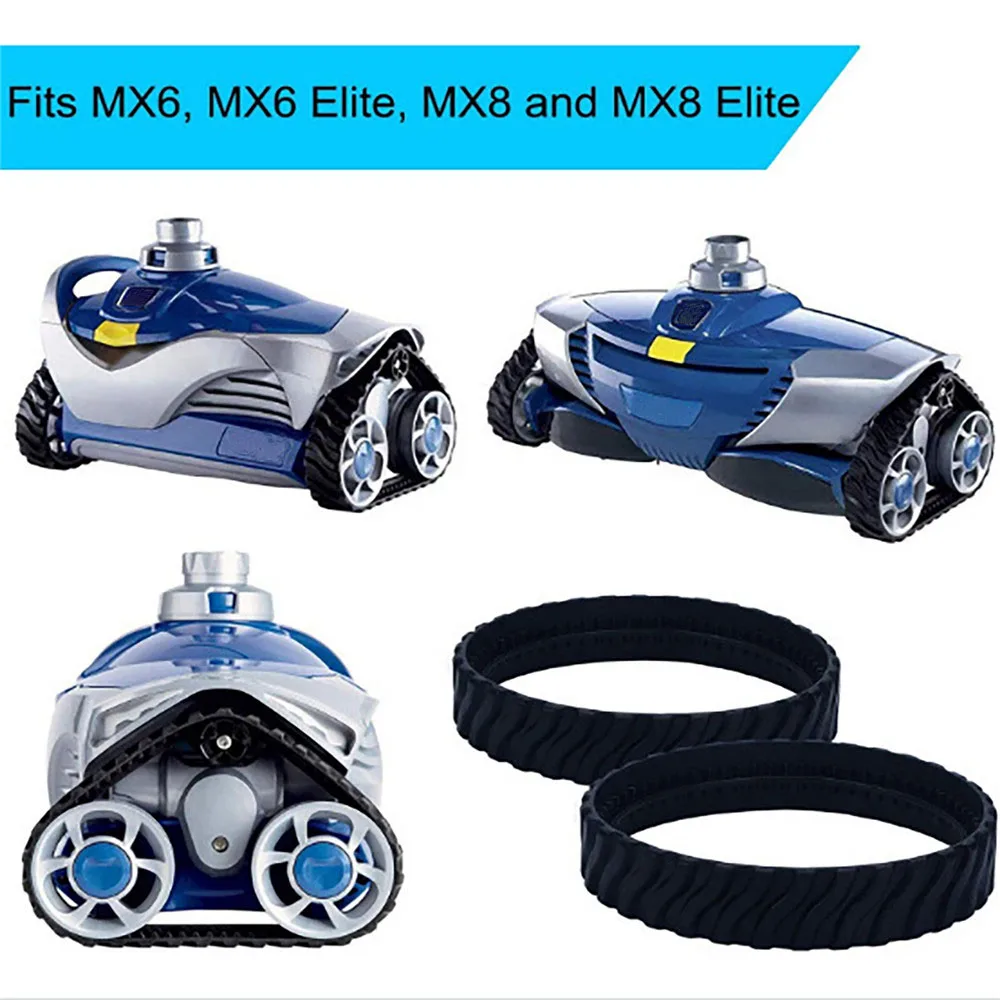Are Natural Swimming Pools Practical and How Do You Keep Them Clean?
Natural swimming pools, also known as eco pools, offer an attractive alternative to traditional chlorinated pools. These systems rely on natural filtration processes to keep the water clean and clear, eliminating the need for harsh chemicals. While natural pools can be practical for those who value sustainability and a chemical-free environment, maintaining them requires a specific approach.
Practicality:
Natural pools are generally suitable for outdoor use in warm climates, as they rely on sunlight and biological processes to function effectively. They can be a practical choice for homeowners who prioritize environmental friendliness and want to minimize their carbon footprint.
Maintenance:
Keeping natural pools clean involves a combination of mechanical, biological, and chemical processes:
- Mechanical Filtration: This involves using pumps and filters to remove debris and particles from the water.
- Biological Filtration: Plants and algae play a vital role in natural pools by absorbing nutrients and filtering out impurities.
- Chemical Filtration: Occasional natural additives, such as chlorine or hydrogen peroxide, may be used to supplement filtration in certain situations.
Benefits of Natural Pools:
- Chemical-free, reducing health risks and skin irritation
- Sustainable, with lower energy consumption and reduced carbon emissions
- Aesthetically pleasing, creating a natural ecosystem in your backyard
Drawbacks of Natural Pools:
- Requires more maintenance compared to traditional pools
- Can be sensitive to temperature changes and require additional heating in colder climates
- May not be suitable for areas with heavy rainfall or high algae growth
Related Questions:
- How often should I clean my natural pool? Maintenance frequency varies, but regular skimming, vacuuming, and chemical testing are recommended.
- What plants are best for natural pools? Water lilies, duckweed, and irises are popular choices due to their filtration abilities.
- Can I swim in a natural pool during all seasons? Yes, heated natural pools can extend the swimming season in colder climates.
- Are natural pools safe for children? Yes, as long as proper maintenance is followed and chemical levels are monitored.
- What are the long-term costs of owning a natural pool? While natural pools have lower energy costs, they may require more maintenance and occasional repairs.
Related Hot Sale Items:
- Zodiac MX8 Elite Robotic Pool Cleaner
- Pentair Clean & Clear Plus 25 Filter Cartridge
- Hayward TriStar VS Variable Speed Pool Pump
- Blue Wave Phosphate Remover for Pools
- Nature2 Spa Enzyme Treatment
Pre:How long can fish survive in a swimming pool
Next:What is the appropriate age to start toddlers swim lessons



